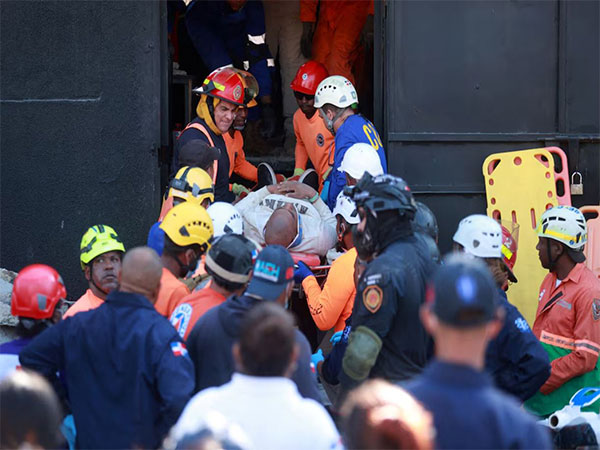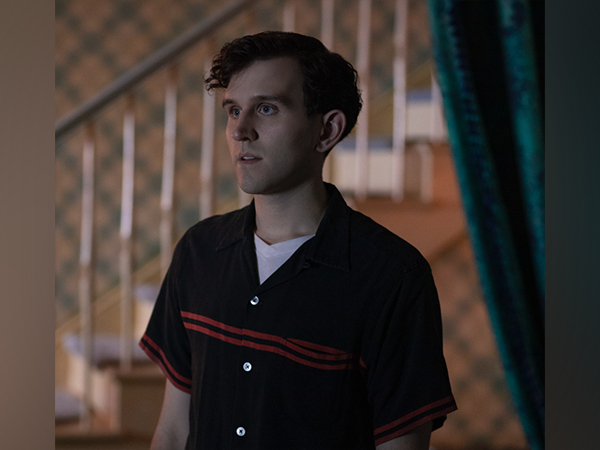Japan, Canada 'gravely concerned' over attempts to shift East China Sea's status quo
Jun 13, 2021

Cornwall [UK], June 14 : Japanese Prime Minister Yoshihide Suga and his Canadian counterpart Justin Trudeau on Sunday expressed grave concerns over any attempts to force a shift in the status quo in the East China Sea.
This comes as China has ramped up its maritime activities in the South China Sea and East China Sea.
Suga and Trudeau held talks on the sidelines of the Group of Seven (G7) summit in Cornwall county in England. This was their first in-person meeting since Prime Minister Suga's inauguration.
According to Kyodo News, the two leaders were apparently taking aim at Beijing's repeated intrusions into Japanese waters around the Senkaku Islands in an attempt to undermine Japan's control over the islets, which China claims and calls Diaoyu.
The two leaders reaffirmed the strategic partnership between Canada and Japan, including a shared vision for a free and open Indo-Pacific.
Japan controls the Senkaku Islands, however, China and Taiwan continue to claim them.
Tokyo maintains the islands, which are an inherent part of its territory as per history and international law.
In February, China enacted a law that permits its coast guards to destroy other countries' structures and use force when defending Beijing's maritime claims in disputed areas, leading to criticism from several countries, including the Philippines and Vietnam.
China claims sovereignty over almost the entire South China Sea and has overlapping territorial claims with Brunei, Malaysia, the Philippines, Vietnam and Taiwan.
China has been increasing its maritime activities in both the South China Sea and the East China Sea over the past few months, partly in response to Beijing's concerns over the increasing US military presence in the region because of escalating Sino-US tensions.
Beijing's rising assertiveness against counter claimants in the East and South Sea has resulted in unprecedented agreement across the Indo-Pacific.




















